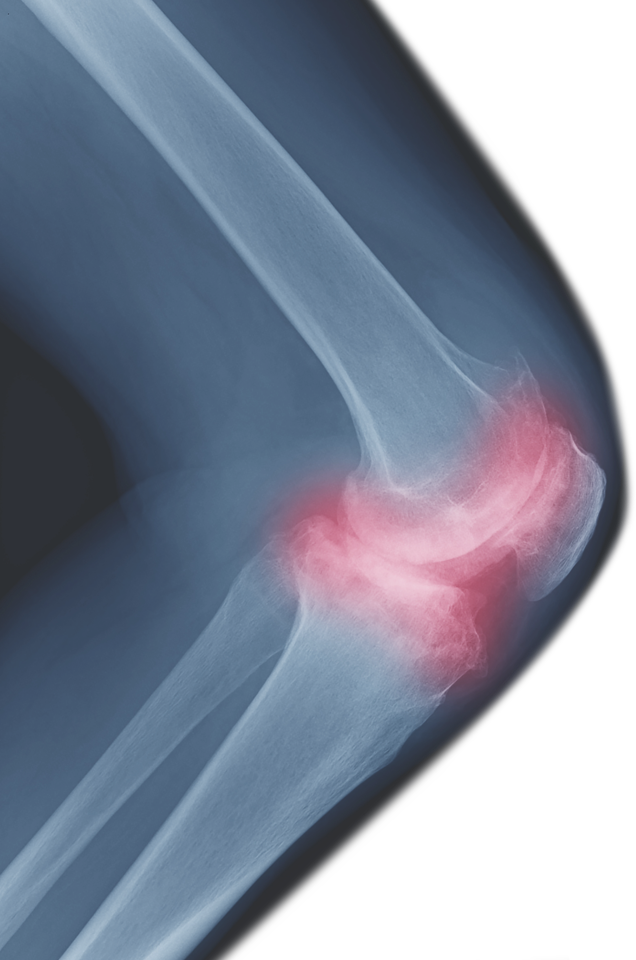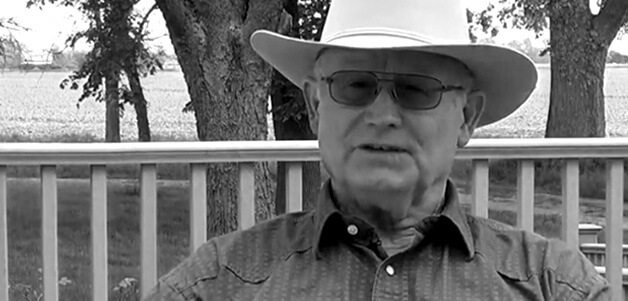Upcoming Webinars
Register NowMultiple Sclerosis Patient, Karen Cope - Success at Kansas Regenerative Medicine Center
For Karen Cope, chronic fatigue and pain were part of her daily life. The Emporia mom of three girls was diagnosed with multiple sclerosis (MS) in October 2008.
“Sometimes my husband would have to stretch my hands out and stretch my legs to get me going in the morning,” Karen said. “There were a lot of days I’d wake up and say, ‘please God, help me get through this day.’ It was my prayer every day that I could get out of bed, go to work and be somewhat normal.”
MS is a disease that stops the flow of information in the brain, and between the brain and the body. The exact cause is unknown but scientists think an unidentified environmental factor triggers the disease in those who are genetically predisposed.
Most people are diagnosed with MS between the ages of 20 and 50. Symptoms, severity and progression of the disease differ by each person and aren’t predictable. Currently, MS is diagnosed up to three times more often in women, than in men.
A new approach
After years of taking medicine to treat the disease, Karen was ready to try something different. She researched stem cell therapy and visited Kansas Regenerative Medicine Center. MS is one of several neurological conditions KRMC treats with stem cell therapy.
Karen said the KRMC staff made her instantly feel at-ease and comfortable.
“They welcome you in just like you’re walking into their home, and they’re very professional.”
Before having stem cell therapy, though, Karen wanted an unbiased way to know if the therapy truly helped her. She had cognitive testing to set a benchmark before the treatment.
“I wanted to know if stem cell therapy really worked or not.”
In July 2017, Karen had stem cell therapy to address her MS symptoms. As soon as a week after, she started to notice improvements. And, in the next six months, Karen said the symptoms of her MS ultimately went away.
“My handwriting improved. My muscle spasms were gone. The aches and pains of my every day life just started to fade away,” she said. “They gradually all disappeared and all my symptoms with MS were gone.”
Validation
Wanting to be certain that stem cell treatment truly worked and that it wasn’t just a placebo effect, Karen had another cognitive test.
“I wanted to know that it wasn’t just in my head and that I really had improved,” she said.
The second test confirmed Karen’s feelings. Six months after her stem cell treatment at KRMC, Karen had a six-point increase in her cognitive abilities.
“It was like someone had taken Windex and washed all the fog off my brain,” she said. “I had concrete, validated information that stem cells work.”
Renewed joy
Karen’s youngest daughter, Chloe, was eight-years-old when her mom received her MS diagnosis. Chloe’s memories of her mom center on her being sick. But when asked how her mom is after stem cell therapy, Chloe, who’s now a high school senior, said, “I never had a mom like this.”
Karen said having stem cell therapy has brought back the joy in her life. She can do the things she enjoys with her family without the burden of constant fatigue and pain.
“Stem cells worked for me,” Karen said.
Are You a Candidate?
Our research-based treatments use your own stem cells to accelerate your healing — without surgery.
Request an Introductory Patient Package
Receive an introductory patient package by email.

Register for An Upcoming Webinar
Use Your Own Cells to Treat Arthritis, Joint Injuries & Spine Pain
A stem cell discussion followed by Q & A.
Join Us!
for an upcoming webinar.





